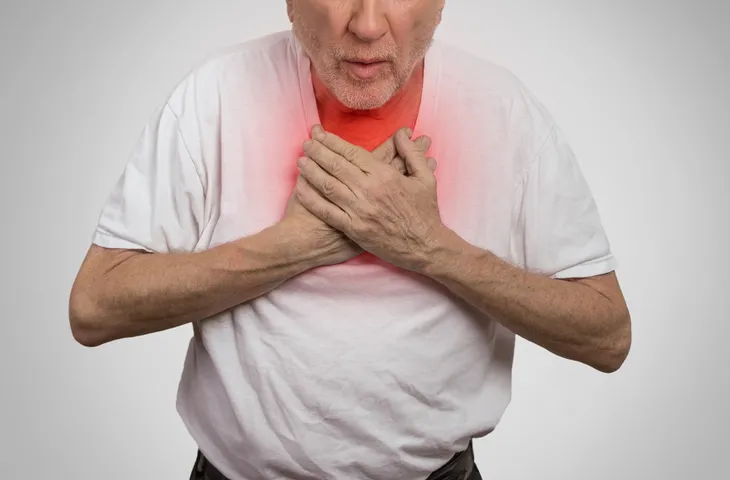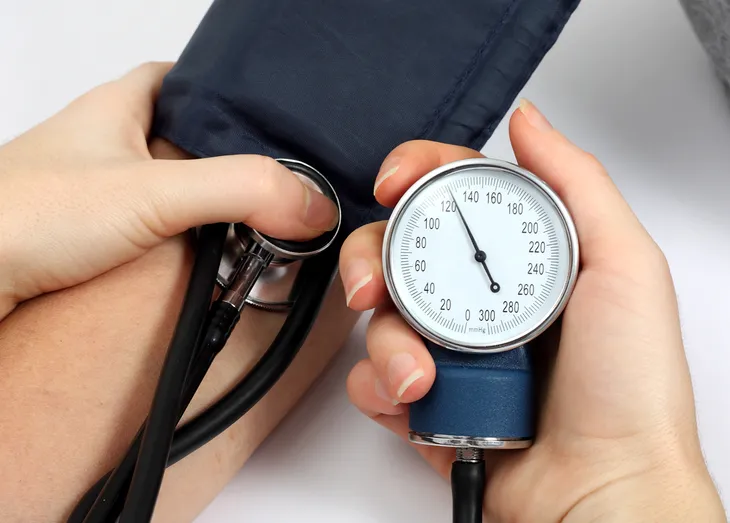Prostate cancer is a silent killer. Unlike many other cancers where signs and symptoms occur early on, making the disease easier to detect, with prostate cancer there are no early warning signs.
Only once a tumor causes the prostate gland to swell, or the cancer spreads beyond the prostate, will there be signs that the disease may be present. While regular screenings are essential for the identification and treatment of prostate cancer, if it goes undetected, the following are among the most common signs and symptoms of the disease.
Urination Issues
Experiencing troubles while urinating is among the most common indicators of prostate cancer. According to the Cancer Treatment Centers of America, these difficulties can include:
- Burning or pain during urination
- Difficulty urinating, or trouble starting and stopping while urinating
- More frequent urges to urinate at night
- Loss of bladder control
- Decreased flow or velocity of urine stream
- Blood in urine (hematuria)
While these issues may indicate a prostate concern, they are not signs of the cancer. They occur as a result of the tumor in the prostate pressing on the urethra (urine tube).
Swelling, Numbness or Pain in the Bones or Tissues
It’s possible for the cancer to spread beyond the prostate and into the bones, which can cause pain and/or stiffness in the bones and in areas such as the hips, back or chest.
Prostate cancer can also spread to the nearby tissues and, more seriously, the lymphatic system. This can lead to signs and symptoms such as swelling in the legs or pelvic area, as well as weakness or numbness in the legs or feet.
Constipation or Loss of Bowel Control
As mentioned previously, someone with late stage prostate cancer may experience weakness or numbness in the legs or feet. This is caused by the cancer having spread to the tissues of the spine and pressing on the nerves.
In addition to this weakness or paralysis of the lower limbs, a person may also experience digestive issues. This can either present itself as constipation, or a loss of bowel control.
Shortness of Breath
It’s possible for someone with prostate cancer, typically in an advanced stage, to develop a condition called anemia. Anemia is characterized as a drop in red blood cells, which results in there being insufficient oxygen in the blood to meet the body’s needs.
According to Prostate Cancer UK, symptoms of anemia can include “feeling tired or weak, being out of breath and looking pale.” Shortness of breath isn’t always due to anemia, however. It may also occur, along with chest pain, if the cancer spreads into a person’s lungs.
Loss of Weight, Fatigue and High Blood Pressure
Although these symptoms are far more rare, it’s possible for prostate cancer to cause a condition called paraneoplastic syndrome. This is a group of symptoms that includes high blood pressure, fatigue and weight loss, as well as muscle cramps, illness and changes in the blood.
According to the Canadian Cancer Society, paraneoplastic syndrome occurs “when substances released by cancer cells disrupt the normal function of nearby or distant organs or tissues.”








